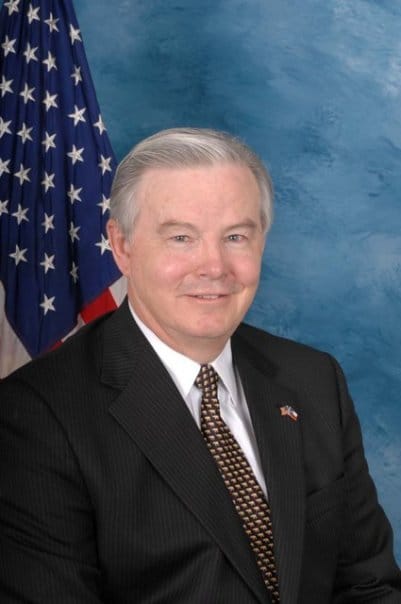The Obama Administration has quietly approved expansion of a major pipeline carrying fracked gas destined for the global export market.
The Gulf Trace pipeline, owned by The Williams Companies, is set to feed into Cheniere Energy’s Sabine Pass LNG export terminal in Louisiana. As first reported by Reuters, LNG tankers loaded with super-chilled liquefied natural gas obtained via hydraulic fracturing (“fracking”) will set sail for the first time from Sabine Pass in January 2016.
In a statement, Williams said it had received approval for Gulf Trace from the U.S. Federal Energy Regulatory Commission (FERC) and had set a date of the first quarter of 2017 for the project to be in service. The statement said Gulf Trace was part of $5.1 billion worth of transmission projects targeting the eastern U.S.
Gulf Trace will feed gas obtained from fracking in Pennsylvania’s Marcellus Shale basin to Sabine Pass.
Pipeline company giant Energy Transfer Partners (ETP) recently purchased Williams Companies for $32.6 billion. ETP — whose assets include both hotly-contested proposed Dakota Access LLC pipeline and the Trans-Pecos Pipeline — is run by CEO Kelcy Warren, who served as an advisory committee member and donor to former Republican Party presidential candidate Rick Perry. Perry sits on ETP‘s Board of Directors.
Sabine Pass LNG Terminal owner Cheniere Energy, the first company in the fracking era to receive an export permit from the Obama Administration back in 2012, also has a politically connected Board of Directors. Among its members is Obama’s former climate czar, Heather Zichal.
FERC has come under fire of late for rubber-stamping nearly every project proposal landing on its desk.
Meet the Lobbyists
Cheniere has spent $2.5 million lobbying the federal government in 2015 and Williams has spent the $730,000. While the cash appears to be paying off the money spent on lobbying only scratches the surface of the story.
For example, while most of Cheniere’s in-house lobbying corps has remained intact, it has added the daughter of former Bush Administration Secretary of Energy Spencer Abraham, Julie Abraham. Her name is included on the list of lobbyists on Cheniere’s quarter three 2015 federal lobbying disclosure form.
Ankit Desai, a campaign finance bundler for Hillary Clinton’s 2016 run for president and former top-level aide to Vice President and then-U.S. Senator Joe Biden, is also on Cheniere’s lobbying payroll. Desai also formerly served as a top-level staffer for current U.S. Secretary of State and then-U.S. Senator John Kerry (D-MA).
Lobbying firm Williams and Jensen also deployed a nine-strong member advocacy squad on behalf of Cheniere during quarter three. One of the lobbyists, Melinda Maxfield, formerly served as Deputy Finance Director for the Democratic Senatorial Campaign Committee head up by U.S. Senator Charles Schumer (D-NY).
Williams, too, has deployed a well-connected team of lobbyists to try and push through expedited permitting of gas-carrying pipelines like Gulf Trace. One of the members of that team is Chad Bradley, the former deputy chief of staff for the climate change denying U.S. Senator James Inhofe (R-OK).
Thomas Ryan is another lobbyist deployed by Williams to push for streamlined gas pipeline permitting. He formerly served as chief counsel for the U.S. House Energy & Commerce Committee.
Jeffrey MacKinnon is yet another lobbyist deployed by Williams. MacKinnon formerly served as legislative director for U.S. Rep. Joe Barton (R-TX), the climate change denier and former chairman of the Energy & Commerce Committee.

U.S. Rep. Joe Barton: Photo Credit: Wikimedia Commons
Add Joseph Vasapoli to the list, as well. Vasapoli, who helped write the Energy Policy Act of 2005 that transformed fracking into a widespread practice in the U.S., formerly served as Republican Counsel for the Energy & Commerce Committee. He also has spent time working at both FERC and the U.S. Department of Energy (DOE), the two federal agencies responsible for overseeing the LNG export and interstate gas pipeline permitting processes.
The revolving door connections of the lobbyists representing LNG export companies tells a deeper story about favors done on behalf of the powerful, as DC Bureau has exposed in an investigative story about Cheniere and as the November 2014 investigative report co-published by DeSmog and Republic Report details.
Gulf Trace serves as yet another example of that process in action.
Photo Credit: Shutterstock | MyImages – Micha
Subscribe to our newsletter
Stay up to date with DeSmog news and alerts






